

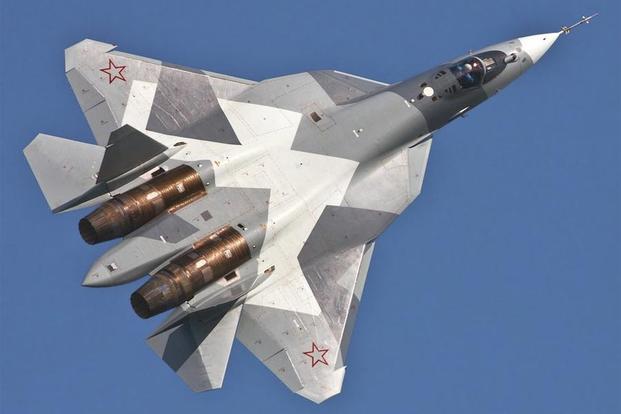
Despite making an impressive aerobatic display at the Airshow China 2024, the Su-57 fighter jet faced global ridicule and embarrassment due to its questionable build quality and stealth capabilities. Social media users pointed out far from hi-tech bolts and filler between panels, rendering the plane detectable to radars and negating its stealth abilities. This further adds to the long and troubled history of the prized Russian aircraft.
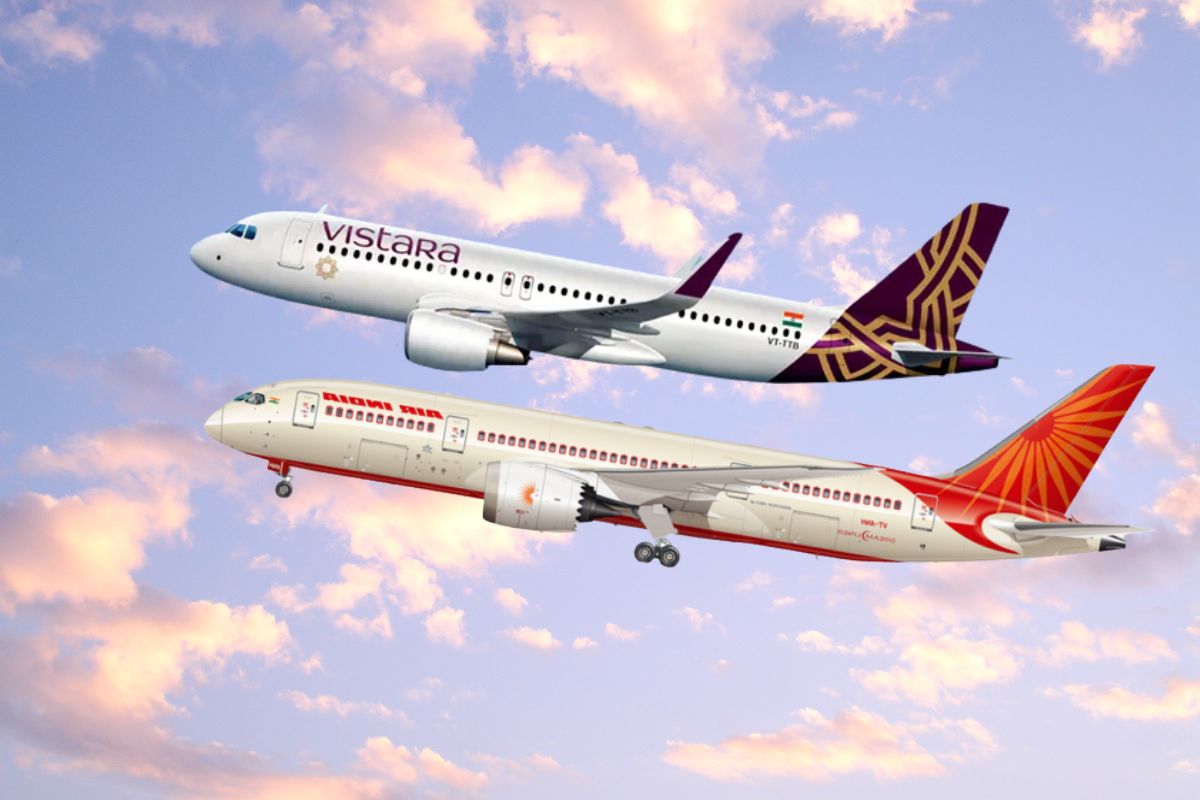
Vistara, a popular Indian full-service airline, has officially merged with national carrier Air India, forming the country's largest international airline and second-largest domestic carrier. The merger comes after several years of operation and will result in an enlarged entity with over 5,500 weekly flights across both domestic and international routes. The new integrated entity had its inaugural flights on Tuesday, with the Vistara code 'UK' being replaced with 'AI2XXX', and all check-in counters now bearing the Air India name. This merger marks the Tata Group's second major consolidation in the Indian aviation industry in the last two months, with the first being the integration of AIX Connect with Air India Express on October 1st.
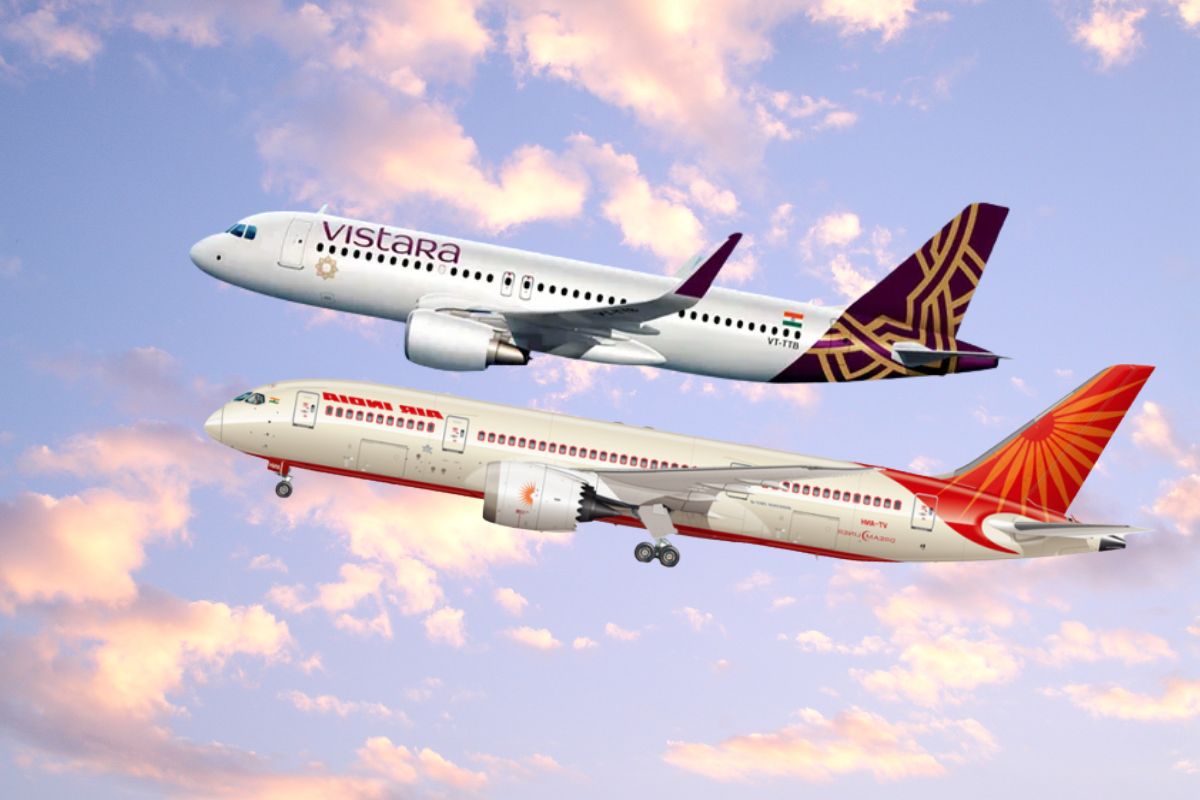
The Indian aviation industry has witnessed major developments recently, with the Tata Group taking control of the market. The merger of Vistara into Air India has changed the dynamics of the sector and has also raised questions about the carrier's ability to match the standards set by Vistara. On the other hand, IndiGo is making moves to tap into the luxury market by introducing business class cabins on select routes. However, experts believe IndiGo may not be able to compete with full-fledged business class airlines. This will be a crucial test for the Tata Group as they work towards turning Air India into a profitable venture.
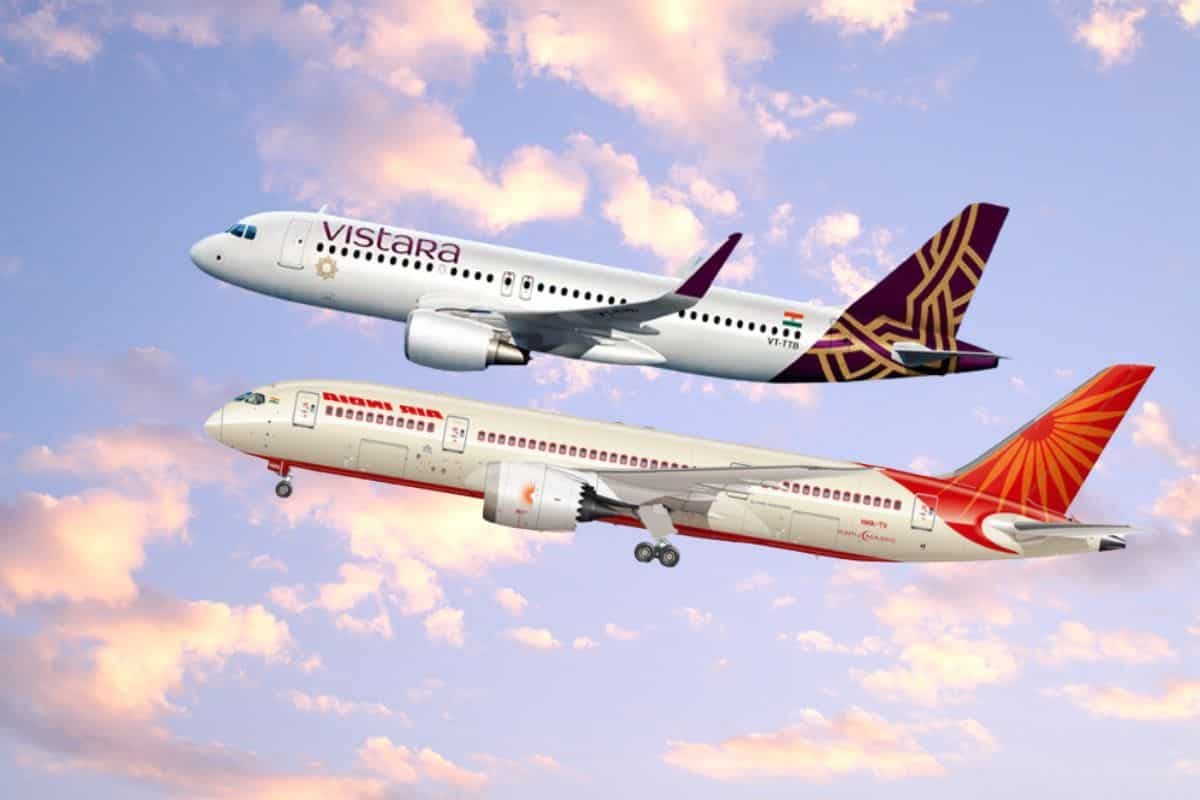
The consolidation of Tata Group's aviation business continues as Vistara merges with Air India on Monday. With this merger, only one full-service carrier will remain in the Indian skies. The line between full-service and low-cost carriers is becoming blurred, with budget airlines also offering business class seats. This move has been influenced by the rise of no-frills airlines worldwide and the changing travel patterns.

Addressing a meeting after the launch of a seaplane demo flight, Andhra Pradesh Chief Minister N Chandrababu Naidu highlighted the potential of seaplane services to promote economic activities and create employment in the state. He also praised Prime Minister Narendra Modi for supporting the initiative and emphasized the role of innovative ideas in tackling poverty and funding welfare activities. Union Civil Aviation Minister K Ram Mohan Naidu, who accompanied the chief minister on the demo flight, stated that seaplane operations will not only change the future of Andhra Pradesh, but also India.

An increase in hoax bomb threats through social media have disrupted multiple flights of Indian airlines over the past few days. On Sunday, 24 flights received threats, with one flight being diverted and others declaring emergencies. The threats came from anonymous and unverified accounts, showing the potential dangers of using social media for false alarms. Despite most threats being considered fake, airlines and aviation authorities take them seriously, causing disruptions and financial losses for airlines. The affected airlines, including IndiGo, Akasa Air, Vistara, and Air India, confirmed the threats and followed security protocols with the relevant authorities.
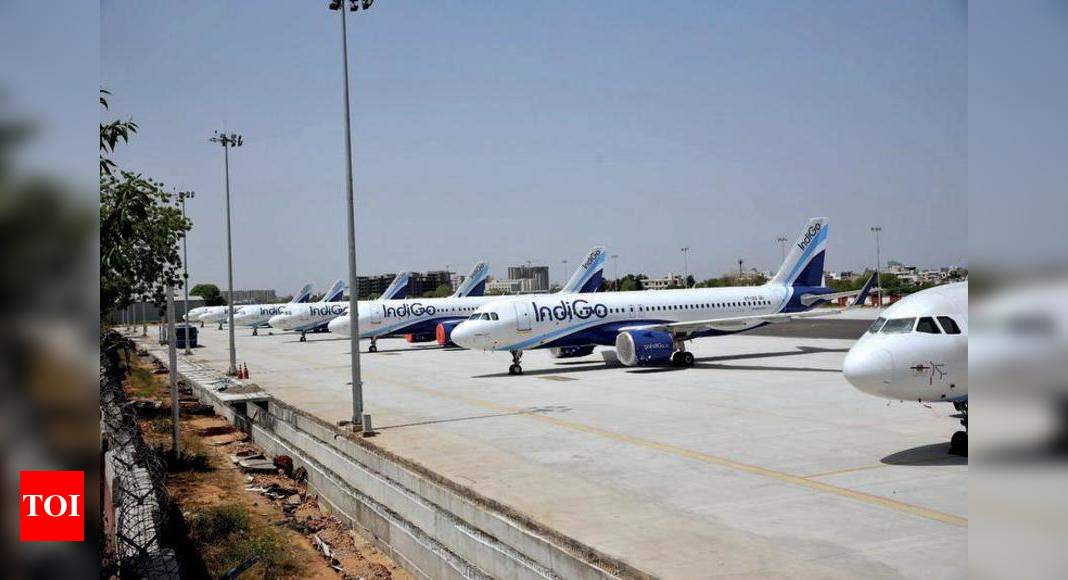
In response to a recent surge in hoax calls about bombs on Indian flights, the Centre is contemplating amending The Suppression of Unlawful Acts against Safety of Civil Aviation Act, 1982. This would enable stricter measures to be taken against disruptors, whether they make the calls from inside the flight or on the ground. This move comes after more than 30 hoax calls were received by airlines in the past five days, leading to disruptions in services and concerns for passenger safety.
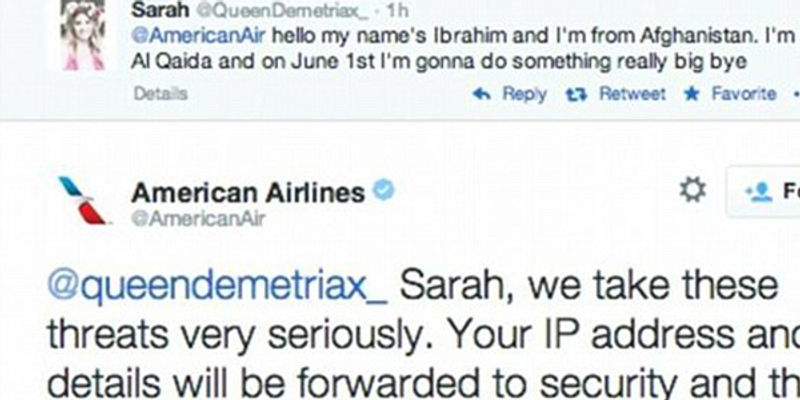
Hoax bomb threats continue to plague domestic airlines in India, with multiple flights receiving threats for the fourth consecutive day. Authorities have suspended or blocked about 10 social media handles for issuing these threats, while Air India and other airlines have taken necessary precautions to ensure the safety of passengers and crew. Civil Aviation Minister K Rammohan Naidu is looking into amending regulations for strict action against those responsible, as investigations have revealed the involvement of individuals, minors, and pranksters in these threats. The Royal Air Force was forced to escort one of the flights to its destination, and common phrases and words used in these fake threats have been identified by security agencies.
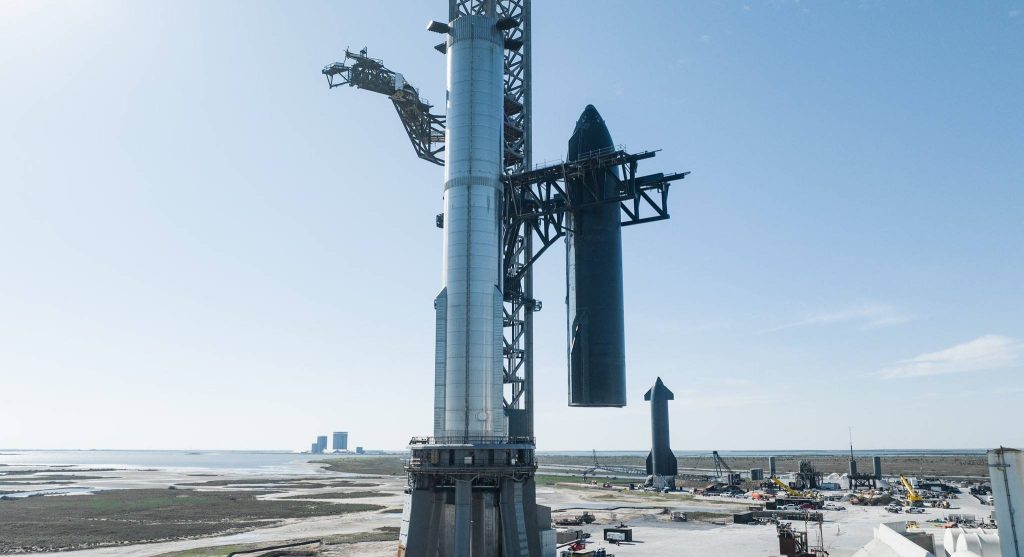
SpaceX is pushing boundaries yet again, as the innovative company plans to attempt a mid-air catch of its Starship mega rocket during its next launch. This impressive feat would allow for the rocket to be reused for future missions, ultimately leading to cost savings. However, SpaceX is facing pushback from the Federal Aviation Administration (FAA), who claims the company did not meet all requirements for its previous launches and is proposing steep penalties.
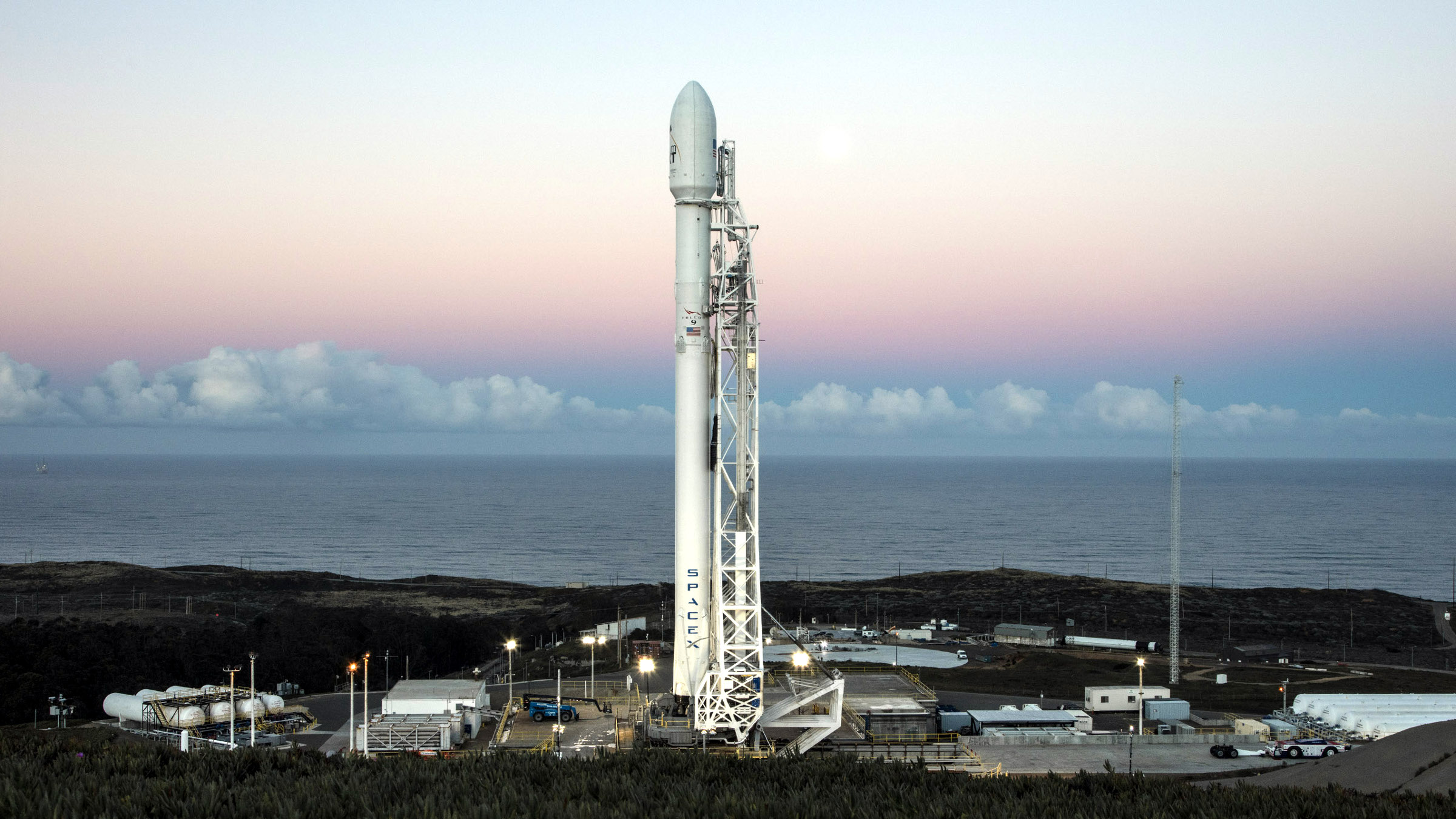
Following the successful completion of a test that saw part of SpaceX's Starship return to its launch pad, the company's goal of creating a fully reusable and quickly deployable rocket has taken a major leap forward. BBC's science correspondent, Pallab Ghosh, delves into the technical challenges of this feat and addresses concerns about the environmental impact of such a rocket. This development comes after a public dispute between Elon Musk and the Federal Aviation Administration over permits and environmental concerns.